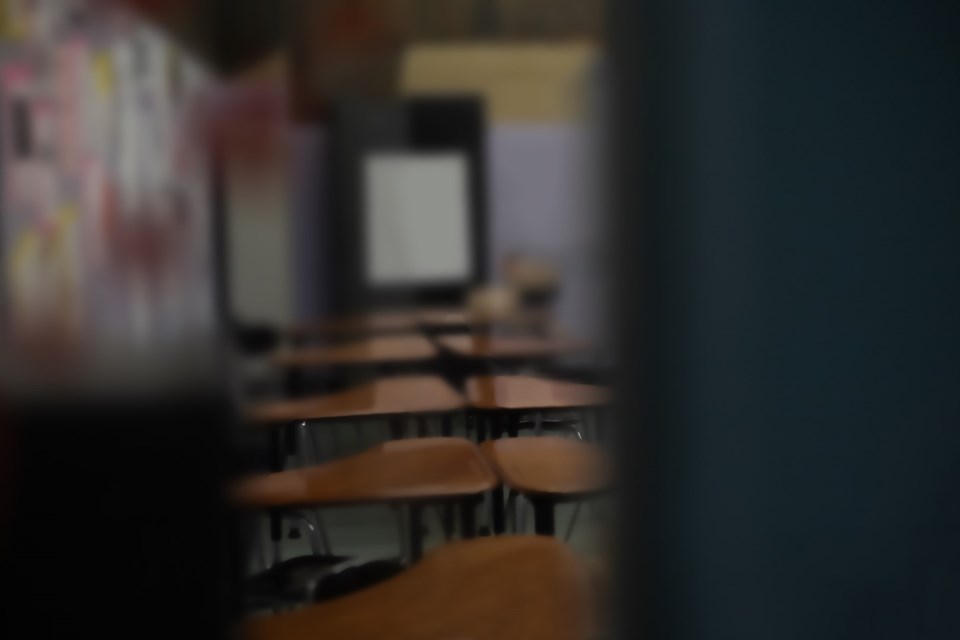In a recent Canadian Press story, Kimberly Murray, the government’s special interlocutor on unmarked graves of missing Indigenous children from residential schools, is reported as : “We could … make it an offence to incite hate and promote hate against Indigenous people by … denying that residential (schools) happened or downplaying what happened in the institutions.”
Not surprisingly, the is sympathetic to the special interlocutor’s call to action.
Murray says that Indigenous leaders across the country support her call for legislation. The Assembly of Manitoba Chiefs (AMC), for example, asked the federal Justice Minister and Attorney General, Arif Virani, to amend the criminal code to criminalize denialism. AMC Grand Chief Cathy Merrick that enacting such a law would provide “an opportunity for Canada to demonstrate an honest commitment to reconciliation.... to deny the existence of these institutions is a form of violence.”
The focus on missing and murdered Indigenous children at residential schools became a national disgrace at the end of May 2021 when the Kamloops First Nation announced that stories from Knowledge Keepers and evidence from ground-penetrating radar (GPR) had “” the graves of 215 children in the schoolyard of the Kamloops Indian Residential School.
Since that announcement, First Nations across the country have discovered many more “graves,” also relying on Knowledge Keepers’ stories and GPR evidence. But so far, no bodies of Indian Residential School (IRS) students have been exhumed from the schoolyards, even though the Chief Truth and Reconciliation (TRC) Commissioner, Justice Murry Sinclair, CBC Radio host Matt Galloway a couple of years ago that as many as 15,000 to 25,000 Indian Residential School students are missing.
Surprisingly, these claims are not included in the Report. In fact, only one story of a murdered child is reported in the report, and it is the unverified story told by Doris Young, a member of the Opaskwayak Cree Nation Treaty 5 area in Northern Manitoba who attended three residential schools over 13 years, about seeing a child’s murder at the Anglican Elkhorn Indian Residential School in Manitoba. The Commission reported this alleged murder but did not investigate the claim. Indeed, the Commission spent $60 million over six years and did not any evidence, other than the Doris Young claim, of the murder of Indigenous children at residential schools.
What does this mean for criminalizing denialism?
There are at least three problems with potential legislation to criminalize denialism. First, Canada already has legislation on hate speech, so new legislation is .
Second, the definition of “denialism,” as reported above, is so vague that it would be almost impossible to convict anyone.
Finally, and most importantly, from what can be gathered from both Murray’s and recent news items, practically no Canadians deny that Indian Residential Schools existed or that some children were harmed at those schools.
What Canadians seem to disagree on is the evidence that is needed to prove that IRS students were murdered and their bodies were unceremoniously buried in unmarked graves in residential schoolyards.
On Murray’s side, supporters reason that “hear-say” evidence from Indigenous Knowledge Keepers and shadows on GPR screens adequately prove the claim. On the other side, the so-called “deniers” reason that forensic evidence from exhumed bodies is needed.
So, both sides agree that Indian Residential Schools existed and that some children were harmed. But they disagree on the evidence needed to prove whether children were murdered and buried unceremoniously in residential schoolyards.
The Canadian law enforcement and justice system is the proper agency for an impartial investigation of this claim and, if evidence is obtained, to criminally charge those Indigenous and non-Indigenous IRS employees responsible and to report their names and crimes if they are deceased.
Canadians would undoubtedly support such an impartial investigation leading to possible criminal charges. Till that happens, there is no reason to demonize the so-called “deniers” by those who disagree with the evidence they think is necessary to answer this critical question. Without an independent investigation along with a public report, Canada cannot reach a fair and just reconciliation between Indigenous and non-Indigenous Canadians.
Indeed, many people are wondering why such a rigorous, systematic investigation has not yet been conducted. It is time to settle this issue so that both sides – indeed all Canadians – can move on from being pitted against each other over an issue that can be easily resolved with an independent investigation by competent justice officials.
Rodney A. Clifton is a is a professor emeritus at the University of Manitoba and a senior fellow at the Frontier Centre for Public Policy. He lived for four months in Old Sun, the Anglican Residential School on the Blackfoot (Siksika) First Nation, and was the Senior Boys’ Supervisor in Stringer Hall, the Anglican residence in Inuvik. Rodney Clifton and Mark DeWolf are the editors of (Frontier Centre for Public Policy, 2021). A second and expanded edition of this book will be published in 2024.
Keep your news a touch away by bookmarking The News-Optimist homepage at this link.
©




